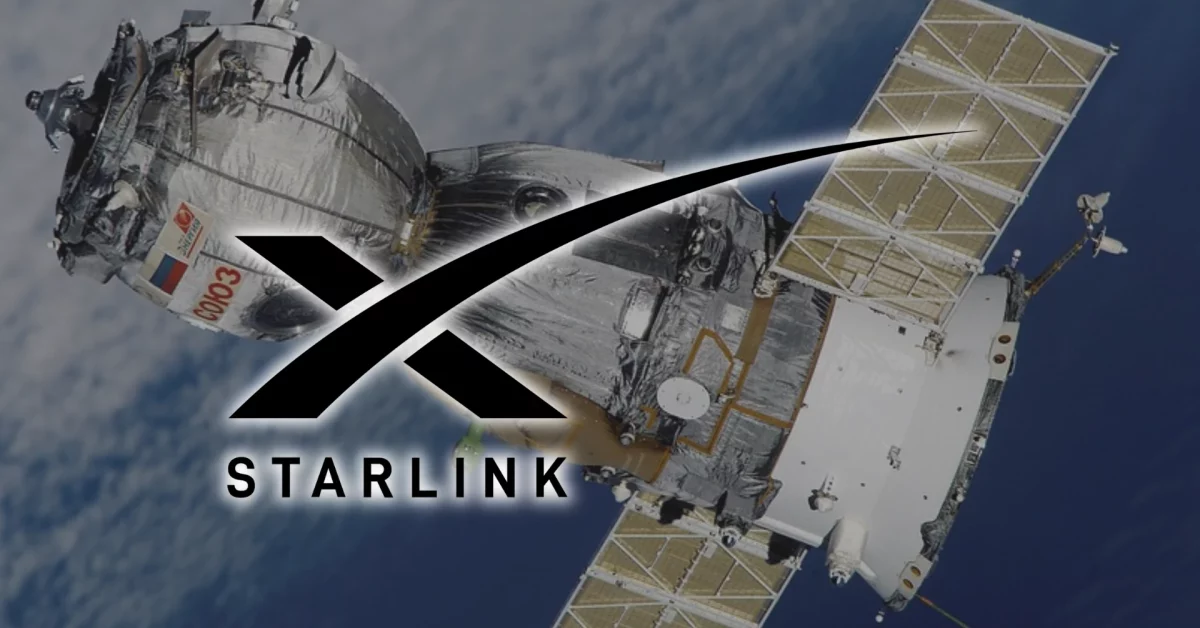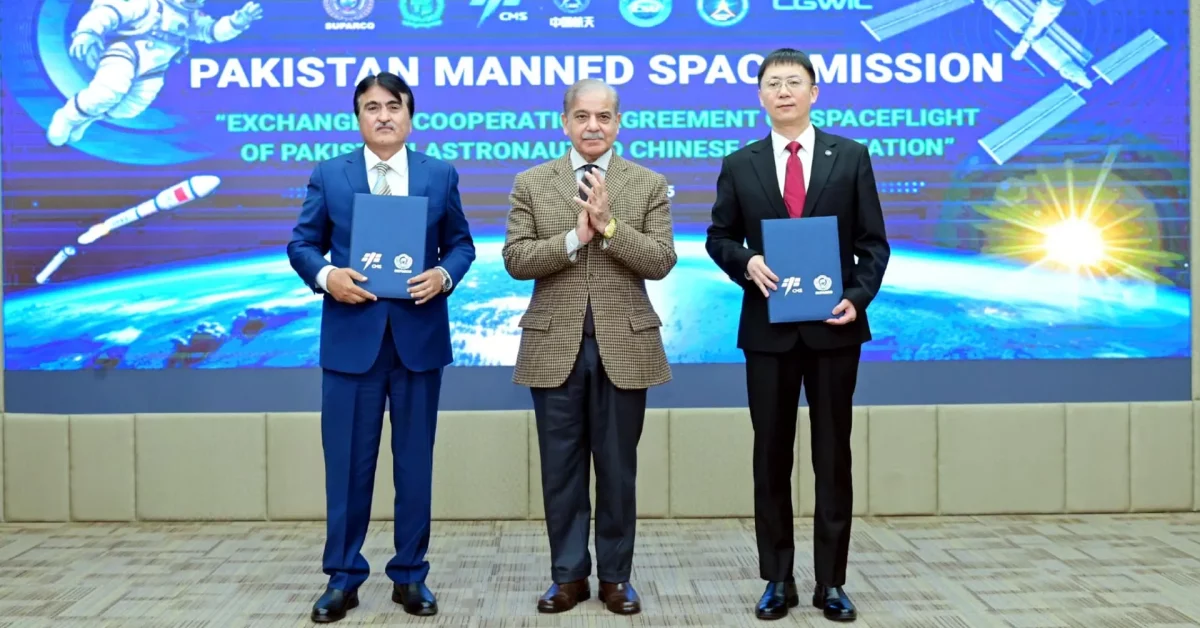
Jazz Brings the Iconic Nothing Smartphones to Pakistan for the First Time
April 30, 2025
Govt Plans Nationwide Expansion of Digital Wallet Services
April 30, 2025Starlink’s Pakistan Launch Hits Another Regulatory Snag
Starlink, Elon Musk’s satellite internet venture, has once again hit a regulatory roadblock in Pakistan. Despite setting up its local subsidiary—Starlink Internet Services Pakistan (Private) Ltd.—in December 2021 and applying for a Long Distance and International (LDI) license from the Pakistan Telecommunication Authority (PTA) in early 2022, approval remains pending.
The Ministry of IT and Telecom Pakistan (MoITT) has cited technical and regulatory concerns. Key stakeholders such as the Frequency Allocation Board (FAB), the Strategic Plans Division (SPD), and the Pakistan Space and Upper Atmosphere Research Comission (SUPARCO) have raised red flags, particularly over interference risks between Starlink’s Non-Geostationary Satellite Orbit (NGSO) network and existing Geostationary Satellite Orbit (GSO) systems.
In March 2025, the Pakistan Space Activities Regulatory Board (PSARB) issued a provisional registration to Starlink, allowing it to begin infrastructure planning. However, full approval awaits compliance with Pakistan’s newly introduced National Space Policy and the Pakistan Space Rules, finalized in late 2023 and early 2024.
Shaza Khawaja, Minister of State for IT and Telecommunication, confirmed ongoing discussions with Starlink. Meanwhile, other players like Shanghai Spacecom Satellite Technology are also eyeing the Pakistani market.






